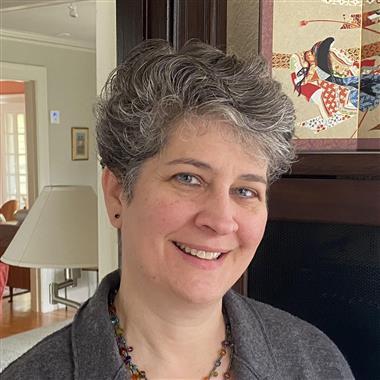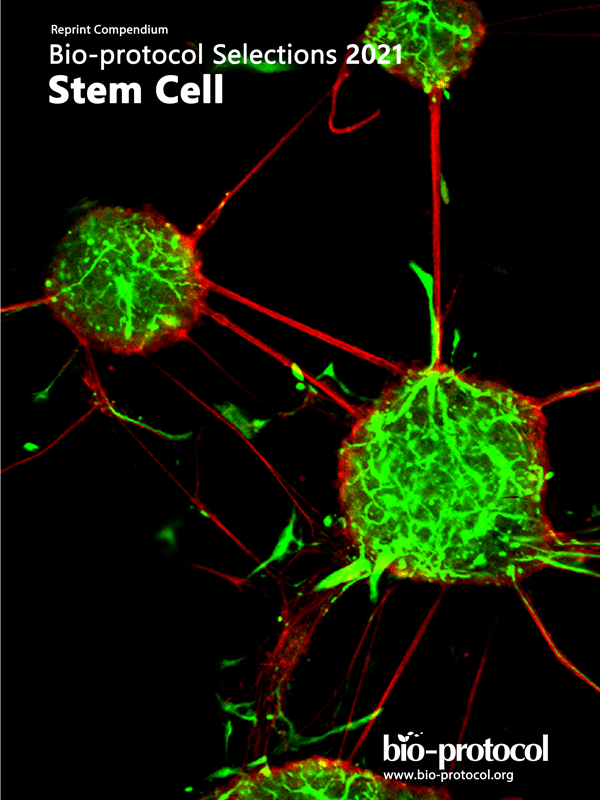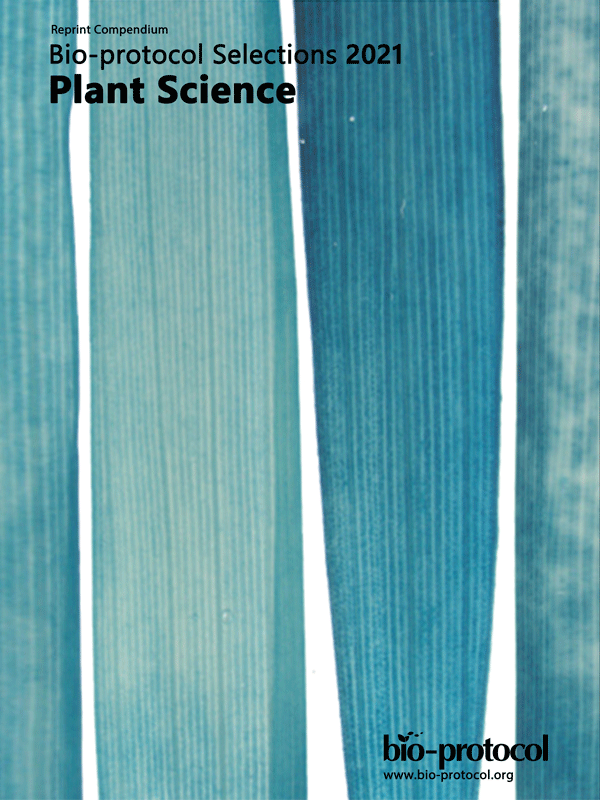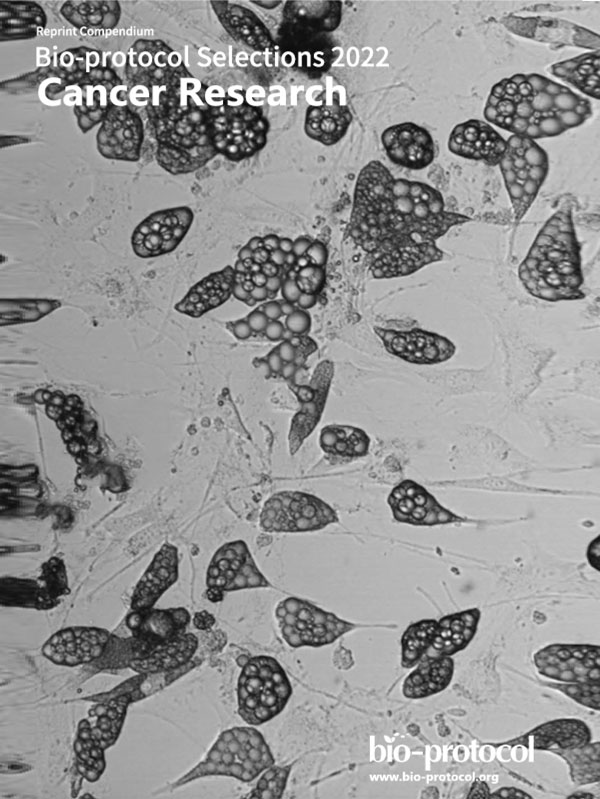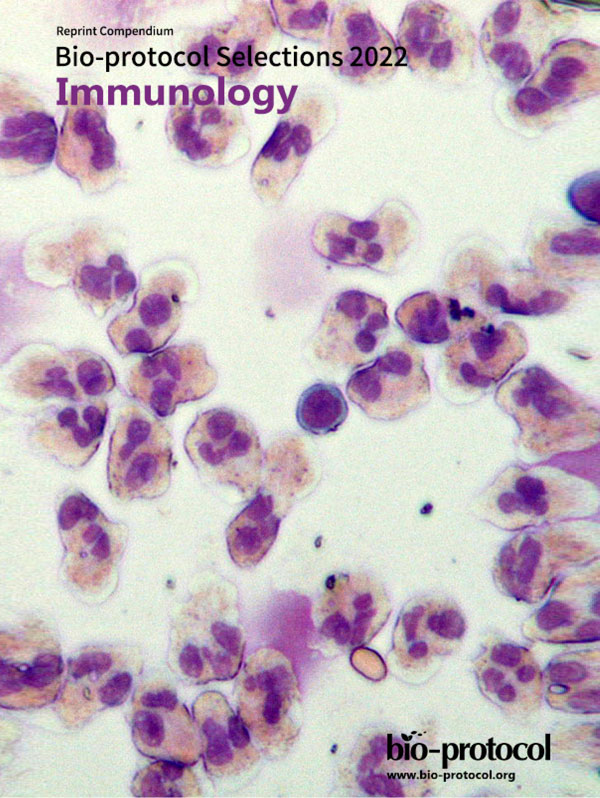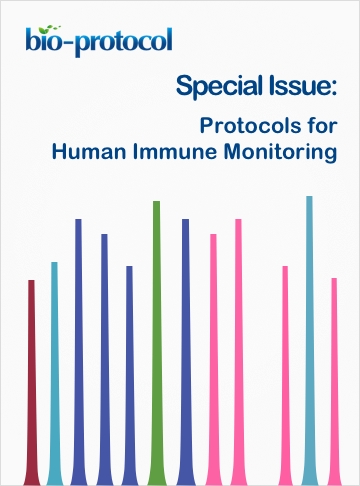- Submit a Protocol
- Receive Our Alerts
- EN
- Protocols
- Articles and Issues
- About
- Become a Reviewer
Introducing Article Processing Charges to Create a Sustainable Future
Published: Vol 12, Iss 17, Sep 5, 2022 DOI: 10.21769/BioProtoc.4511 Views: 1616
Fanglian He is Publisher, Caroline Shamu is Editor-in-Chief and Vivian Siegel is Advisory Board Chair for Bio-protocol journal.
Launched in 2011 by a group of Stanford researchers, Bio-protocol journal aims to improve research reproducibility by curating and hosting peer-reviewed, high quality protocols from across the life sciences. Thanks to the financial support of its passionate founders, Bio-protocol is proud to have published over 4000 high quality protocols, with no fees for publication or access since its founding. The journal has attracted approximately two million readers yearly, from more than 125 countries. While celebrating the success of the Bio-protocol journal on its 10th anniversary, we must also develop a sustainable business model to help the journal continue to thrive in its next decade and beyond. We will therefore introduce an Article Processing Charge of $1,200 for protocol articles submitted on or after March 1, 2023 that go on to be accepted for publication.
APC will support a more stable business model
We believe Article Processing Charges (APCs) are the best way to support Bio-protocol to achieve its mission for the long term. We had hoped that the journal could be free to people submitting to or using any protocols shared on Bio-protocol and that advertising revenue could become a primary source of financial support for the journal. However, like many other open access journals, we have struggled to make this model work for Bio-protocol—and, after 10 years, we have made the difficult decision that we need to find another way to fund Bio-protocol in a way that will be sustainable in the short and long term. Like many other journals, we have decided that implementing APCs makes the most sense (Shieber, 2009; Schekman and Patterson, 2016).
The charges will only partially cover Bio-protocol operating costs, but they will be a critical component of a financially stable structure—one that allows us to pay our staff living wages, to invest in improvements to the journal, and to build a platform that truly supports the exchange and discussion of protocols in the life sciences, to improve research reproducibility and accelerate discovery.
Bio-protocol will become fully open access and remain editorially independent
Concomitant with implementing APCs, Bio-protocol will become a fully open access journal. Thus, Bio-protocol’s APCs may be covered by funding agencies that support open access publications in this way. Also, as part of the implementation of APCs, Bio-protocol will introduce an option for authors to request a fee waiver if they cannot afford the publication charges. Regardless of whether a fee waiver is in place, all submissions will follow the same editorial process. Editorial decisions will not be based on any author’s ability to pay the APCs. Authors who do not want to pay an APC, and also are not eligible for a waiver, can choose to post their protocols for free on the Bio-protocol preprint server.
Bio-protocol has a talented and dedicated staff, passionate editorial and reviewing boards, and a supportive and growing community; it is a great place to publish and discuss life science protocols (Taking on reproducibility with a team). We are so proud of what the journal has accomplished over the last 10 years and remain committed to its longevity and growth. We hope that this transition to a sustainable business model will allow Bio-protocol to continue to serve the research community for generations.
Acknowledgements
We would like to thank the Bio-protocol Advisory Board and Editorial team members for their constructive comments and inputs.Competing interests
No competing interests declared.References
- Shieber, S. M. (2009). Equity for open-access journal publishing. PLoS Biol. 7(8):e1000165.
- Schekman, R., Patterson, M. (2016). Building a sustainable future for eLife. Elife. e21230.
Article Information
Publication history
Published: Sep 5, 2022
Copyright
© 2022 The Authors; exclusive licensee Bio-protocol LLC.
How to cite
He, F., Shamu, C. and Siegel, V. (2022). Introducing Article Processing Charges to Create a Sustainable Future. Bio-protocol 12(17): e4511. DOI: 10.21769/BioProtoc.4511.
Category
Editorial
Do you have any questions about this protocol?
Post your question to gather feedback from the community. We will also invite the authors of this article to respond.
Tips for asking effective questions
+ Description
Write a detailed description. Include all information that will help others answer your question including experimental processes, conditions, and relevant images.



